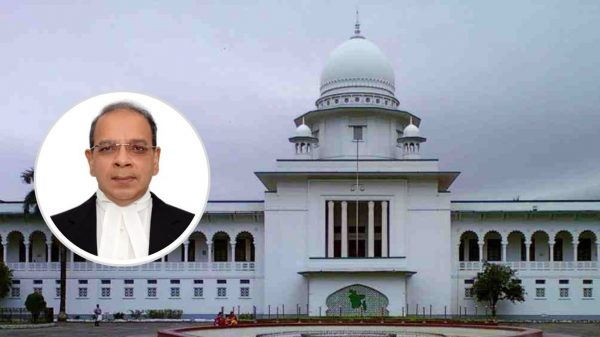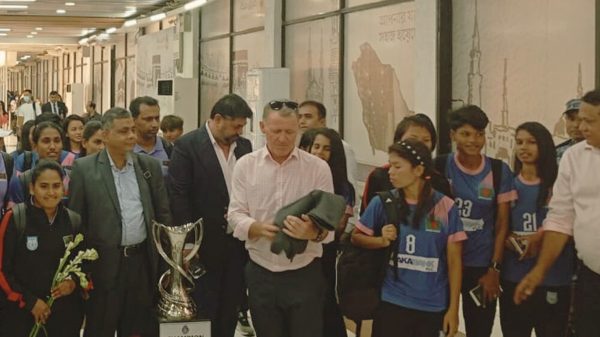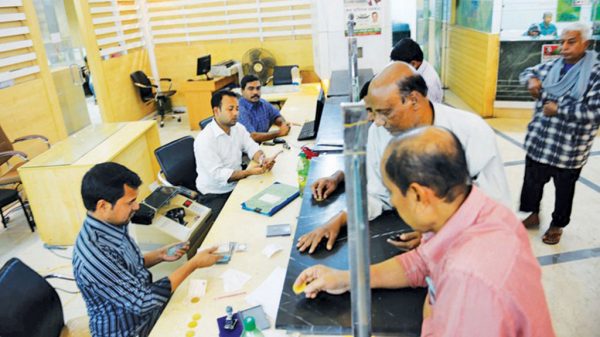‘Groundwater depletion to disrupt domestic supply’

Shawdesh desk:
Declining groundwater levels in Bangladesh will disrupt domestic water supply for household purposes, which in rural areas is usually sourced from hand tube wells, according to a study.
Out of 16 northern districts, groundwater levels fell significantly in Chapainawabganj, Naogaon and Rajshahi, it said.
Commonwealth Scientific and Industrial Research Organization (CSIRO) conducted the study titled ‘Sustaining groundwater irrigation for food security in the Northwest Region of Bangladesh’.
The research has identified climate change as an important factor for the falling trend of the groundwater levels.
Mohammed Mainuddin, principal research scientist of CSIRO, was the team leader of the study.
A 20 percent increase in groundwater use may result in an increased long-term decline of groundwater levels while 20 percent less groundwater use can reduce the long-term declining trends, said the study.
A significant decline in rainfall over the last two decades, change in the characteristics of rainfall from low intensity rainfall over the long period to more intense short duration heavy rainfall are some of the reasons behind the fall in groundwater levels, it said.
The declining flow of water in the rivers in the dry season, water flow from aquifer to the rivers and reduced permeability of the soils due to the development of plough pan resulting in less recharge and more runoff are also responsible for the depleting groundwater.
Reduction in recharge area like flooding depths and area, lakes, ponds and rivers being filled up are also one of the reasons, said Dr Md Maniruzzaman, principal scientific officer (Irrigation and Water Management) at Bangladesh Rice Research Institute (BRRI).
He suggested that an integrated approach like conjunctive use of surface water and groundwater, storing and retention of surface water for recharge and use of low water-consumed crops are needed to make groundwater irrigation sustainable. “We need to focus on augmenting recharge rather than only on pumping and on increasing surface water storage and use particularly in the Barind region,” he added.
The aquifer receives water from and loses water to the river depending on the water level changes in the river and the aquifer.























Leave a Reply